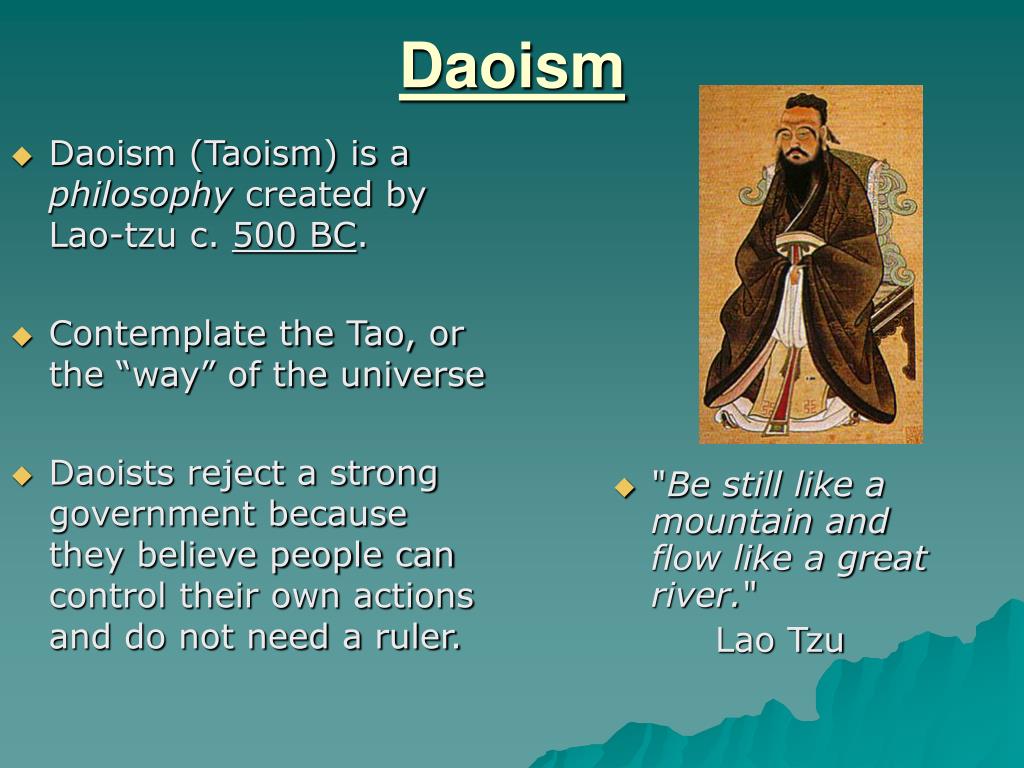If you like reading about philosophy, here’s a free, weekly newsletter with articles just like this one: Send it to me!
Philosophy as moral thinking?
As the climate crisis has become the “defining issue of our times,”1 philosophers are increasingly devoting their efforts to analyse such an issue. Quite often, philosophers suggest that the best way philosophy can address the crisis is by teaching people to do the right thing – or better, what the right thing to do is in the first place. Simply put, the primary role of philosophy seems to be that of promoting moral education.
As Kieran Setiya puts it, philosophy, “improves our moral thinking” by asking “abstract and existential [questions]” such as “why would we care about the survival of humanity?” By doing so, philosophy highlights the importance of caring for those who are most vulnerable to the effects of the crisis, as well as for future generations and non-human beings. Accordingly, philosophy exceeds the domain of politics or techno-scientific assessments, bridging the gap between theory and practice and providing us with universal moral guidelines to think and act more justly. Crucially, moral thinking helps us in “maintaining hope for the future” instead of “continuing to act without it.”2
Along these lines, David Charles contends that philosophy should promote an ethics based on empathy and hope to counter the alarming lack of climate action by both individuals and institutions. Philosophy should then teach people to “take action out of virtue, out of care for the planet, ourselves and our families, and out of empathy for our fellow human beings.”3 Through moral education, philosophy becomes a beacon of hope and a moral guide pointing towards ‘the light at the end of the tunnel’ – so to speak – and a better future. By enhancing individual and collective moral thinking, people will have a better understanding of the importance of climate action, and of fundamental values such as empathy and solidarity. Subsequently, moral education provides people with a stronger set of values and with a sense of hope that is allegedly integral for the future of humanity.

However, I suggest that it is reductive to uphold philosophy as a mere form of moral education, and it is potentially misleading to contend that improving our moral thinking is our best possible response to the climate crisis. While this isn’t necessarily what Setiya or Charles suggest (and indeed I …
Read the full article which is published on Daily Philosophy (external link)





